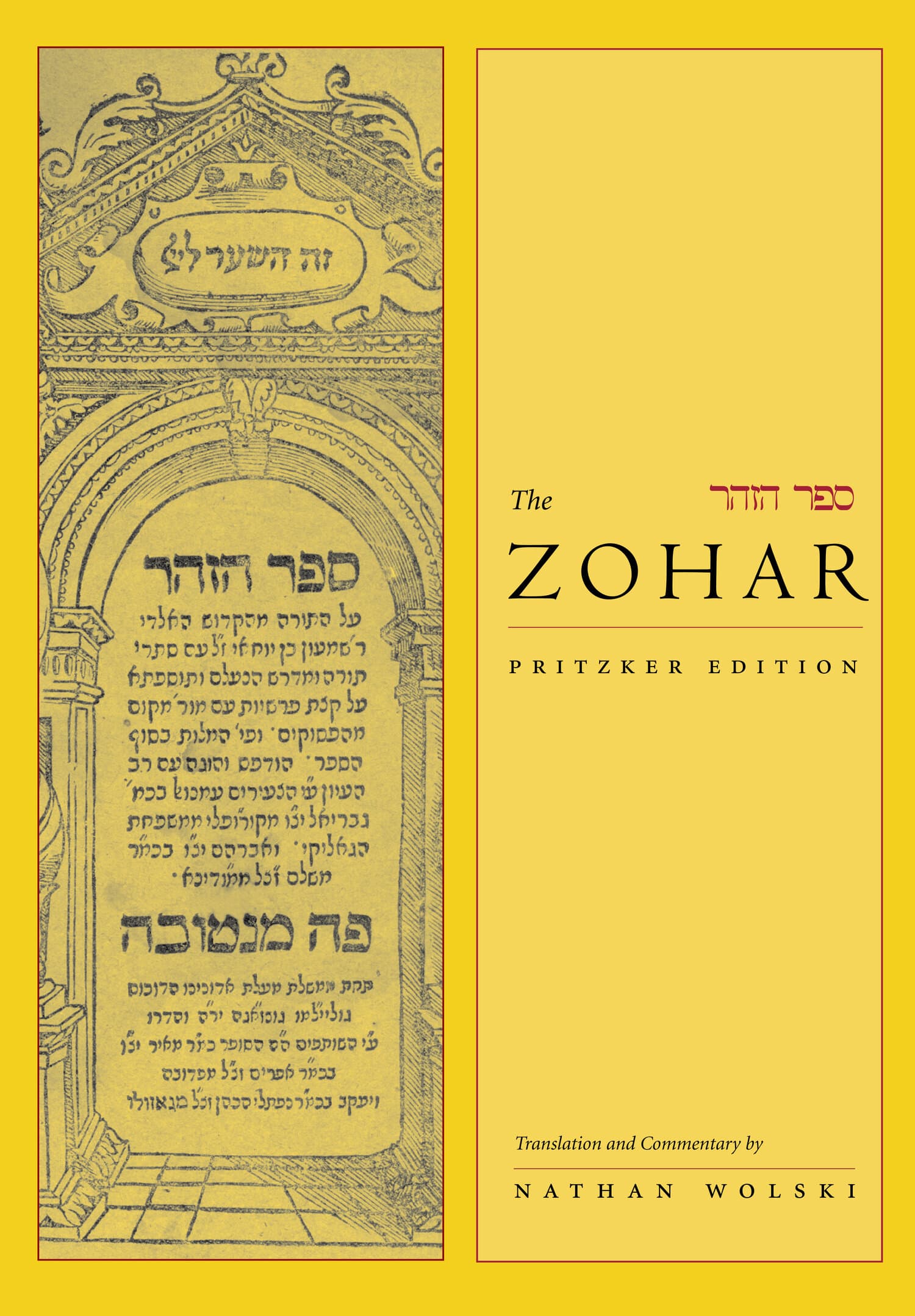The Zohar
Award Winner
2017: The Canadian Jewish Literary Awards
Winner of the 2017 Canadian Jewish Literary Awards in the Scholarship category.

Sefer ha-Zohar (The Book of Radiance) has captivated readers ever since it emerged in Spain over seven hundred years ago. Written in a lyrical Aramaic, the Zohar, a masterpiece of Kabbalah, features mystical interpretation of the Torah, rabbinic tradition, and Jewish practice.
Volume 11 comprises a collection of different genres within the Zoharic library. The fragmentary Midrash ha-Ne'lam on Song of Songs opens with its treatment of mystical kissing. Highlights of Midrash ha-Ne'lam on Ruth are the spiritual function of the Kaddish prayer, the story of the ten martyrs, and mystical eating practices. In Midrash ha-Ne'lam on Lamentations, the inhabitants of Babylon and the inhabitants of Jerusalem vie to eulogize a ruined Jerusalem. It reframes the notion of a Holy Family in Jewish terms, in implicit contrast to the Christian triad of Father, Mother, and Son.
The Zohar on Song of Songs consists of dueling homilies between Rabbi Shim'on bar Yohai and the prophet Elijah, contrasting spiritual ascent with the presence of the demonic. The climax projects the eros of the Song of Songs onto the celestial letters that constitute the core of existence. Matnitin and Tosefta are dense, compact passages in which heavenly heralds chide humanity for its spiritual slumber, rousing people to learn the mysteries of holiness. Packed with neologisms and hortatory in tone, these passages are spurs to pietistic devotion and mystical insight.




